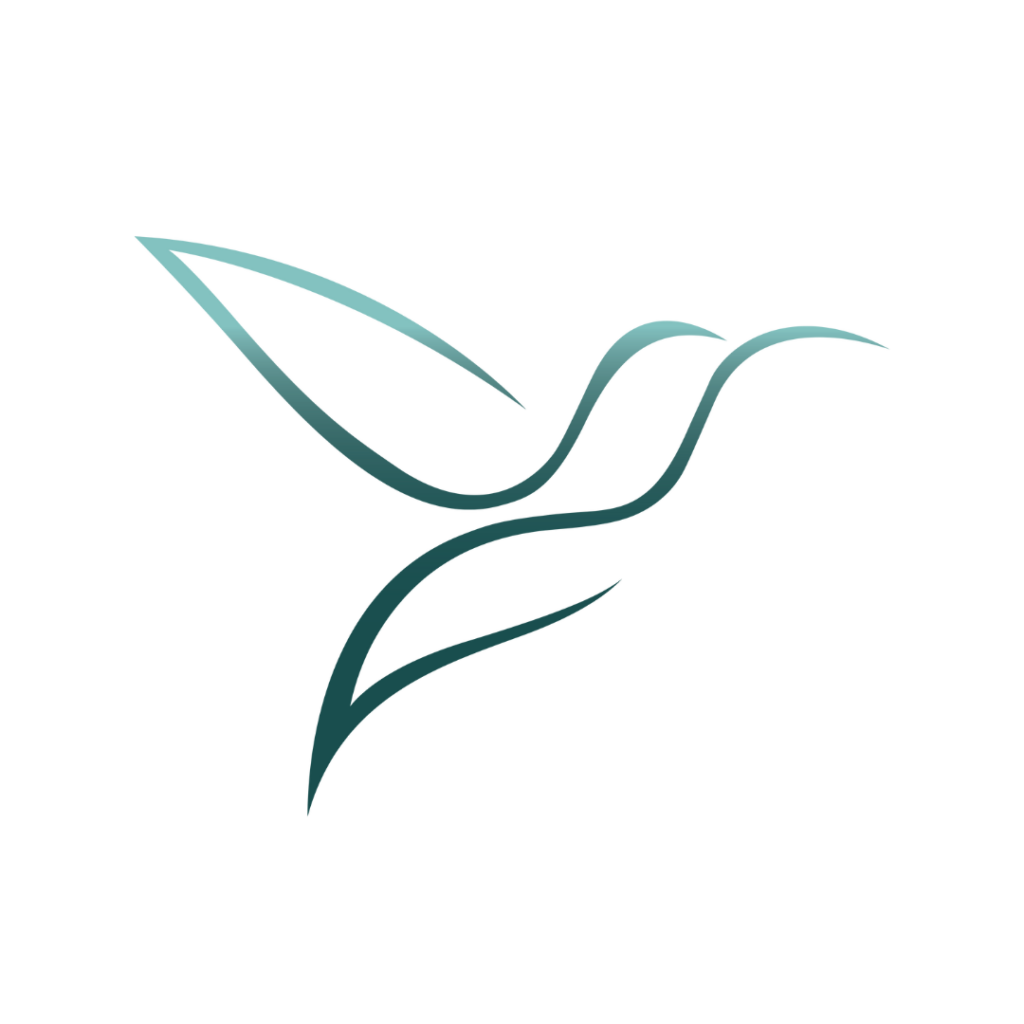Before entering treatment, the individual will need to pick their treatment center, and that can be a very big and important decision. When looking for potential addiction treatment centers, the patient should pay attention to the treatment programs that are offered, as well as the various types of therapies used in treatment as well as whether or not the facility can address special issues like dual diagnosis or trauma-based recovery.
Residential Inpatient
Inpatient programs, also known as residential programs, involve the patient living at the treatment center full-time until the completion of the program. This is the format often used for the detox and acute withdrawal stage, where most patients have the highest risk of relapse and any medical complications. It involves checking into the facility and allowing the body to metabolize the rest of the substances, with medical support, and then the start of it functioning without substances.
Detoxing is a challenging step in any recovery journey, and trying to do it at home can lead to extreme discomfort and even pain, as well as potentially dangerous medical complications. Detoxing with professional help means the individual not only has medical help to ensure safety, but they also have emotional support, and they may be given medication to make their experience even more comfortable.
After detox, the patient will start an inpatient program , often in the same facility, where the patient continues to live and participate in individual and group therapy sessions as well as holistic therapy options.
Outpatient & Intensive Outpatient
Once the detox and inpatient stage is over, the patient is ready to begin their long term recovery work. This means participation in a full day outpatient program, also called a partial hospitalization program (PHP) or intensive outpatient program (IOP). These programs allow the patient to live at home or in supportive housing facilities while attending treatment programming to include recovery education, psychotherapy, group therapy and other therapeutic activities at a treatment center each day, or multiple days each week.
Therapy Types
Another important consideration is that the treatment center offers different therapy types that are beneficial for the patient. Capo Canyon offers many different types of therapy, including family therapy, individual therapy, group therapy, cognitive behavioral therapy, dialectical behavior therapy, acceptance and commitment therapy and many more.
Unique Treatment Needs
Finally, if the individual requires any specific treatment needs, the treatment center should be able to accommodate them. Some of the most common needs are a treatment program centered around the trauma that initially created the addiction, as well as treatment programs for those with dual diagnosis.












